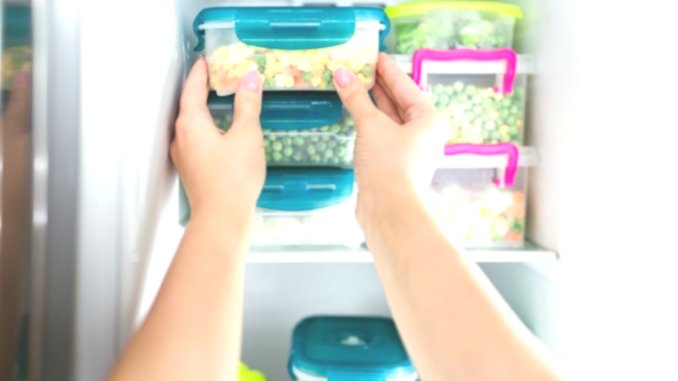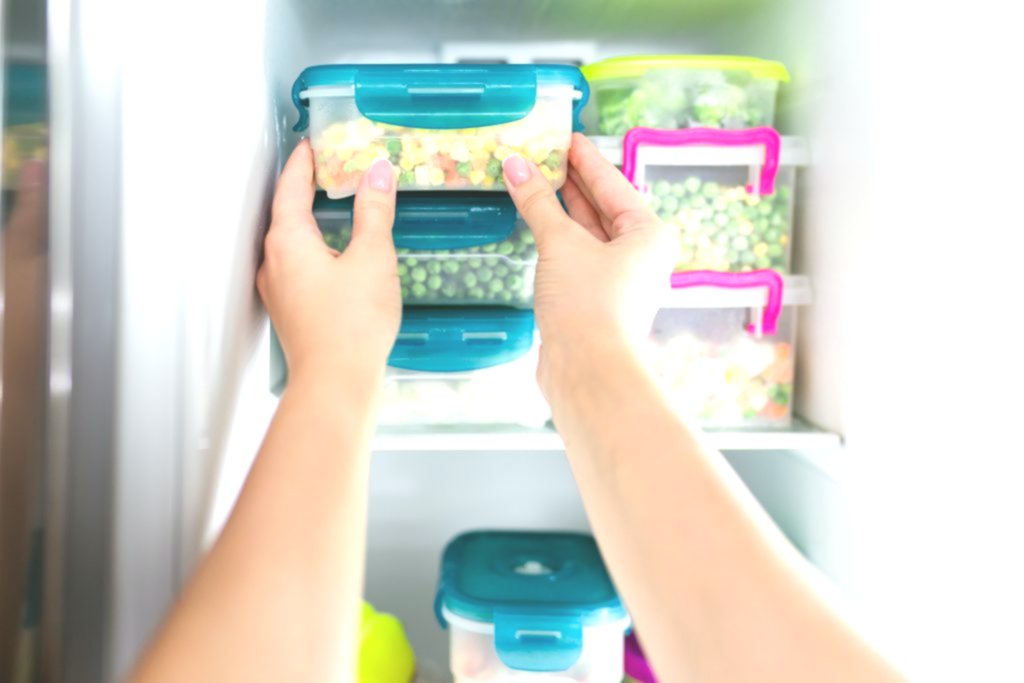
Although we can never say that food will cure cancer, what is certain is that diet is a fundamental part of treatment. Thus, a proper and healthy diet during illness can help you feel better. Also to decrease the side effects of chemotherapy or radiotherapy .
1. Lack of appetite is normal
Therefore, it is important that what you eat provides you with energy and protein, since it will help you stay strong and repair the damage that the treatment can cause to the tissues of the body. For example, nuts (provided you have no dry mouth), legumes, whole milk, pasta, rice, dried fruit, yogurts, cheeses, fish .. . We recommend that you always have nutritious foods at home that do not need much preparation (cans of tuna, sardines, cockles, eggs, bags of potatoes or vegetables to make in the microwave, bags of frozen vegetables, cans of vegetables, etc.).
2. Buy and cook on days when you have the strength
If you feel strong, cook more and store it in the fridge (maximum a couple of days) or freeze it in individual portions . Thus, the days that we are tired we will not need to cook. If we can’t cook or buy in advance, you should ask for help.

3. If you are nauseated, don’t force yourself to eat
Some guidelines that you can put into practice are: make frequent meals, but in small quantities (5 or 6 times throughout the day); eat slowly, preferably cold or warm foods (ice cream, fruit sorbets, pasta salads, rice or potatoes …); avoid foods with annoying odors, fatty or very sweet foods …
4. In case of frequent vomiting, what to do?
It is recommended to make an absolute diet (do not eat anything) during the first hours; only drink water (small sips) every 15 minutes. After 24 hours without vomiting, start an easily digestible diet (boiled, steamed and soft foods) and gradually introduce dry foods (toast, breadsticks …). If we continue with vomiting for two days, contact the doctor or reference nursing staff, in order to avoid possible dehydration.
5. Consult the professionals
Finally, you should not forget that your oncologist doctor, as well as the dietitian-nutritionist trained in oncology, are your best source of information regarding any doubt or problem that appears.
If you want to expand this information and know first-hand what type of food you need, with tips and recipes for day-to-day use , don’t miss the recorded video of our online workshop ‘Food during cancer treatment’.